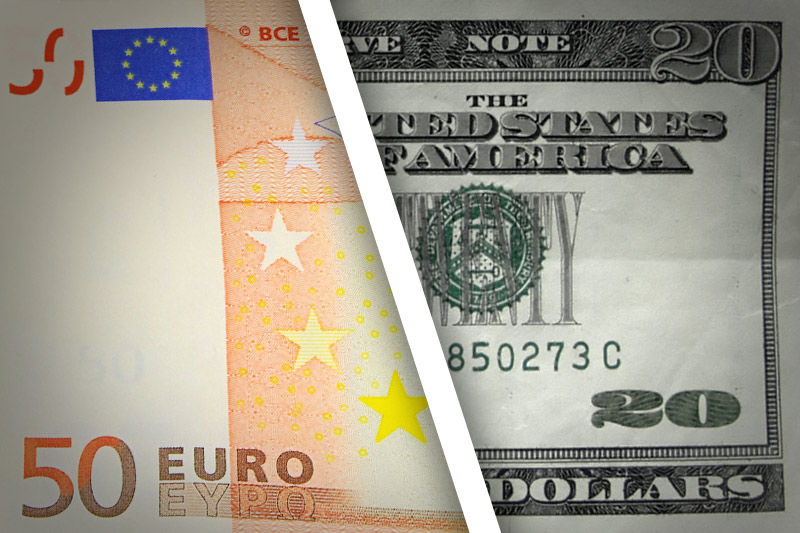Investing.com - The euro dropped against the dollar on Wednesday after a key European Central Bank official said interest rates may be cut if economic conditions warrant a policy move.
In U.S. trading on Wednesday, EUR/USD was down 1.05% at 1.3037, up from a session low of 1.3026 and off from a high of 1.3199.
The pair was likely to find support at 1.3021, Monday's low, and resistance at 1.3201, Tuesday's high.
ECB Governing Council member Jens Weidmann told the Wall Street Journal that monetary authorities could cut interest rates if economic and inflation data indicated that policy loosening may be warranted, though he added that monetary policy is already quite expansionary.
The euro also came under pressure after the International Monetary Fund urged central banks around the world to keep an eye on monetary stimulus programs in place to better prevent asset bubbles from swelling in local markets,.
While stimulus programs carried out by the Federal Reserve and the Bank of Japan should continue to support growth in the U.S. and Japan, the eurozone still posed the greatest threat to a recovery in the global economy, the IMF added.
The IMF, meanwhile, trimmed its 2013 world economic growth forecast to 3.3%, down from a January projection of 3.5%, while the multilateral lending institution's 2014 growth forecast fell to 4.0% from 4.1%.
The euro, meanwhile, was down against the pound and down against the yen, with EUR/GBP trading down 0.38% at 0.8543, and EUR/JPY trading down 1.27% at 126.91.
On Thursday, the U.S. is to release the weekly government report on initial jobless claims as well as data on manufacturing activity in Philadelphia.
In U.S. trading on Wednesday, EUR/USD was down 1.05% at 1.3037, up from a session low of 1.3026 and off from a high of 1.3199.
The pair was likely to find support at 1.3021, Monday's low, and resistance at 1.3201, Tuesday's high.
ECB Governing Council member Jens Weidmann told the Wall Street Journal that monetary authorities could cut interest rates if economic and inflation data indicated that policy loosening may be warranted, though he added that monetary policy is already quite expansionary.
The euro also came under pressure after the International Monetary Fund urged central banks around the world to keep an eye on monetary stimulus programs in place to better prevent asset bubbles from swelling in local markets,.
While stimulus programs carried out by the Federal Reserve and the Bank of Japan should continue to support growth in the U.S. and Japan, the eurozone still posed the greatest threat to a recovery in the global economy, the IMF added.
The IMF, meanwhile, trimmed its 2013 world economic growth forecast to 3.3%, down from a January projection of 3.5%, while the multilateral lending institution's 2014 growth forecast fell to 4.0% from 4.1%.
The euro, meanwhile, was down against the pound and down against the yen, with EUR/GBP trading down 0.38% at 0.8543, and EUR/JPY trading down 1.27% at 126.91.
On Thursday, the U.S. is to release the weekly government report on initial jobless claims as well as data on manufacturing activity in Philadelphia.
